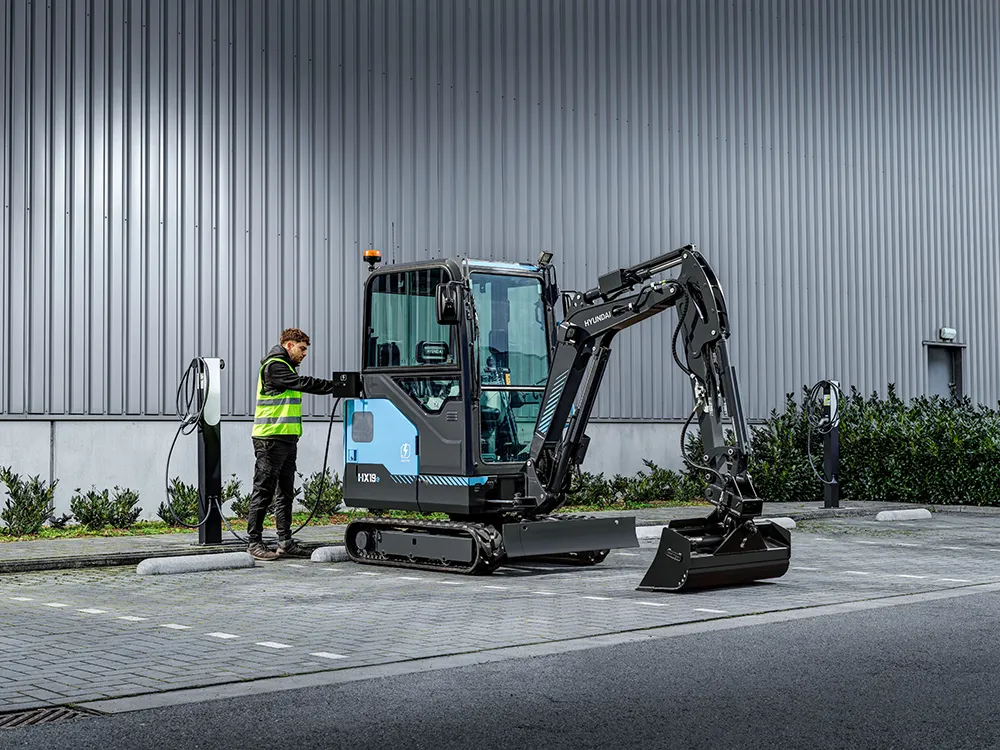Nissan North America, leading power and technology group ABB, along with 4R Energy and Sumitomo Corporation of America, have formed a partnership to evaluate the reuse of lithium-ion battery packs that power the Nissan Leaf.
March 16, 2012
Read time: 2 mins
Energy storage systems can store power from the grid during times of low usage and feed that electricity back into the grid during periods of peak demand, increasing grid performance and providing back-up power during outages. The team plans to develop a Leaf battery storage prototype with a capacity of at least 50 kilowatt hours (kWh), enough to supply 15 average homes with electricity for two hours.
"It's important to Nissan that we manage the complete lifecycle of the electric vehicle battery pack, even beyond its use in a Nissan car," said Ken Srebnik, senior manager, NNA Corporate Planning. "Innovations in energy storage systems are becoming more viable as the electric grid gets smarter, and Nissan is proud to work with ABB, 4R Energy and Sumitomo to help bring these possibilities to market."
It is claimed that electric vehicle batteries, such as those that power the Leaf, will have up to 70 per cent capacity remaining after 10 years of use in an automotive application. This longevity allows them to be used beyond the lifetime of the vehicle for applications such as a smart-grid community energy management system or battery energy storage.






